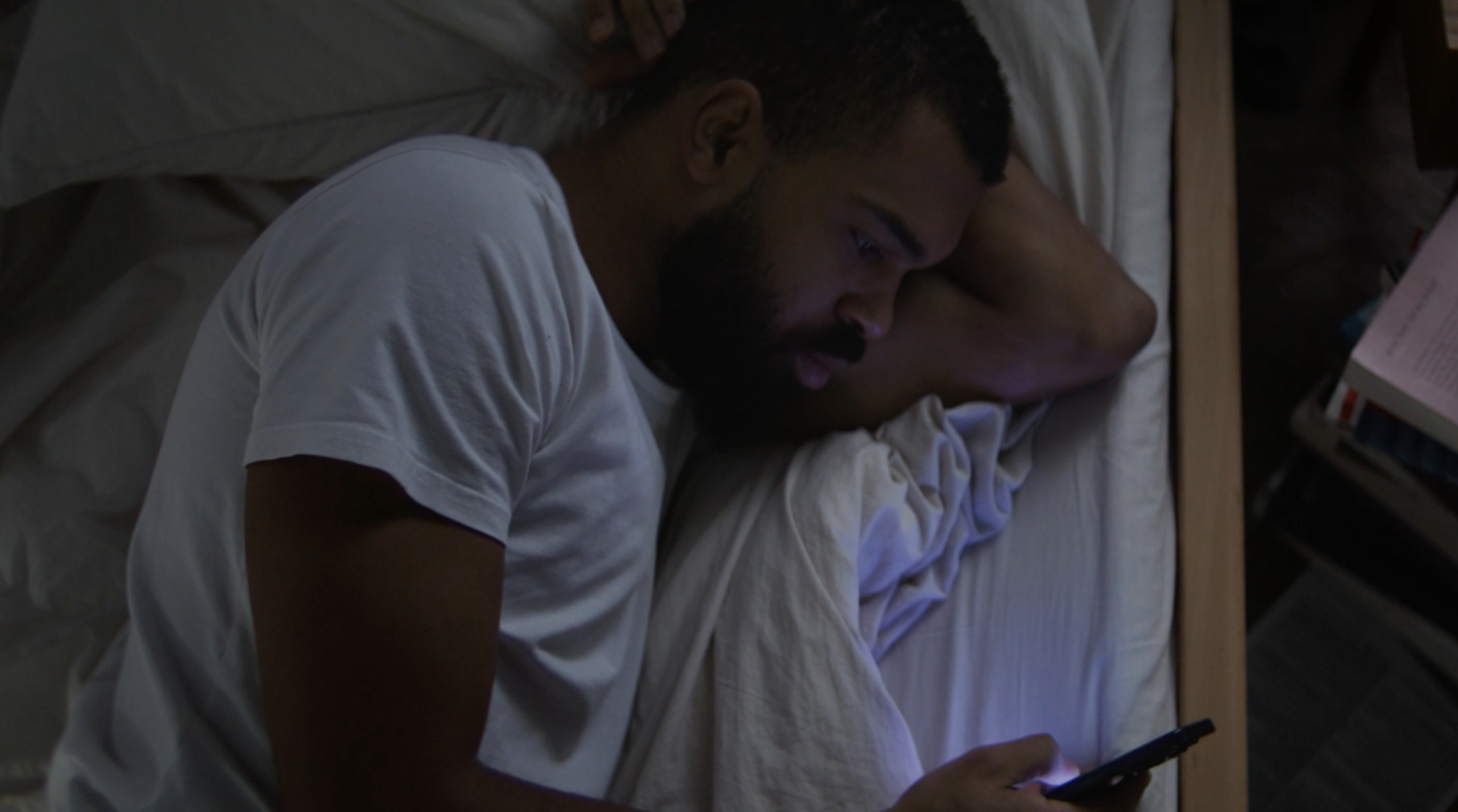Ever felt foggy, irritable or unmotivated and blamed it on stress, burnout or even low mood? You might be right – it could be all sorts of things. But there’s one factor that’s often overlooked: sleep. And not just how many hours you get, but the quality of that sleep, too. Because even if you think you’re sleeping “enough,” it might not be the kind of deep, restorative sleep your body and mind really need.
We all know it’s true but often forget that sleep affects everything: your mood, your focus, your energy, your ability to cope with life. And yet, it's often the last thing we check when things feel off. Or we take for granted that it must be something more serious.
At Leep, we think it should be the first thing you work on when you feel off-kilter in any way.
The missing piece of the wellness puzzle
There’s a growing body of research showing how deeply sleep impacts mental and emotional health. One 2023 study found that just one week of poor sleep reduced people’s ability to regulate their emotions, making them more reactive, less focused and more prone to rumination.
Another study linked sleep deprivation to a higher risk of depression, anxiety and emotional burnout. When you don’t sleep, your brain simply can’t do what it’s meant to: recover, recalibrate, reset.
So before you assume you're spiralling, pause. Could it be your sleep?
What’s actually happening in your brain when you don’t sleep
When you're not getting enough sleep, your brain shifts into survival mode. The prefrontal cortex – the part responsible for decision-making, emotional regulation and focus – slows down. Meanwhile, the amygdala, which handles emotional reactivity, ramps up.
This is why everything feels more intense after a bad night. Minor stressors feel like major threats. Emotions feel harder to manage. Focus becomes a bit more slippery. Often, there’s nothing majorly wrong, you’re just tired.
And it doesn't take weeks of missed sleep to feel it either. Just a few nights of poor rest can tip the balance and change how you experience your day.
Sleep is the foundation, not the bonus
We've been taught that sleep is a nice to have and something to squeeze in once everything else is done. But we think that's backwards.
Because sleep is repair and maintenance. We like to think of it as the glue holding your physical and mental resilience together. Which means that when it's off, everything's harder.
That's why Leep puts sleep back where it belongs: at the centre of the health conversation. Not just for elite athletes or biohackers, but for everyone.
Real wellbeing starts with rest
Before you start a new productivity hack, mindset shift or fitness challenge, ask yourself: am I sleeping well?
Because what we've seen again and again is that when people start sleeping better, everything else follows. They think more clearly, they feel more grounded, they cope with life more calmly.
That’s why we built Leep. Not to overwhelm you with data or make you obsess over a perfect score, but to help you notice what helps, shift what doesn't, and get the kind of rest that builds you back up.
Feeling off? Start with sleep
If you've been feeling low, stressed or stuck, don't rush to fix everything else first. Start simple and foundational. Start with sleep. Your brain needs it. Your mood needs it. Your nervous system needs it.
Because sometimes the most powerful thing you can do for your mind is let your body rest.
Why sleep might be behind the way you’re feeling
● Poor sleep doesn’t just make you tired – it affects your mood, focus and emotional resilience
● Just a few nights of bad sleep can leave you foggy, reactive and low on motivation
● Sleep deprivation impacts how your brain works – especially the parts that handle stress and decision-making
● Before blaming burnout or low mood, check in with your sleep first
● Good sleep supports everything else: clarity, calm, energy and coping
● You don’t need to optimise your sleep – just start noticing what helps
Leep is here to help you build better sleep – quietly and gently, in the background. Not as another task on your list, but as a steady support you can actually feel.


